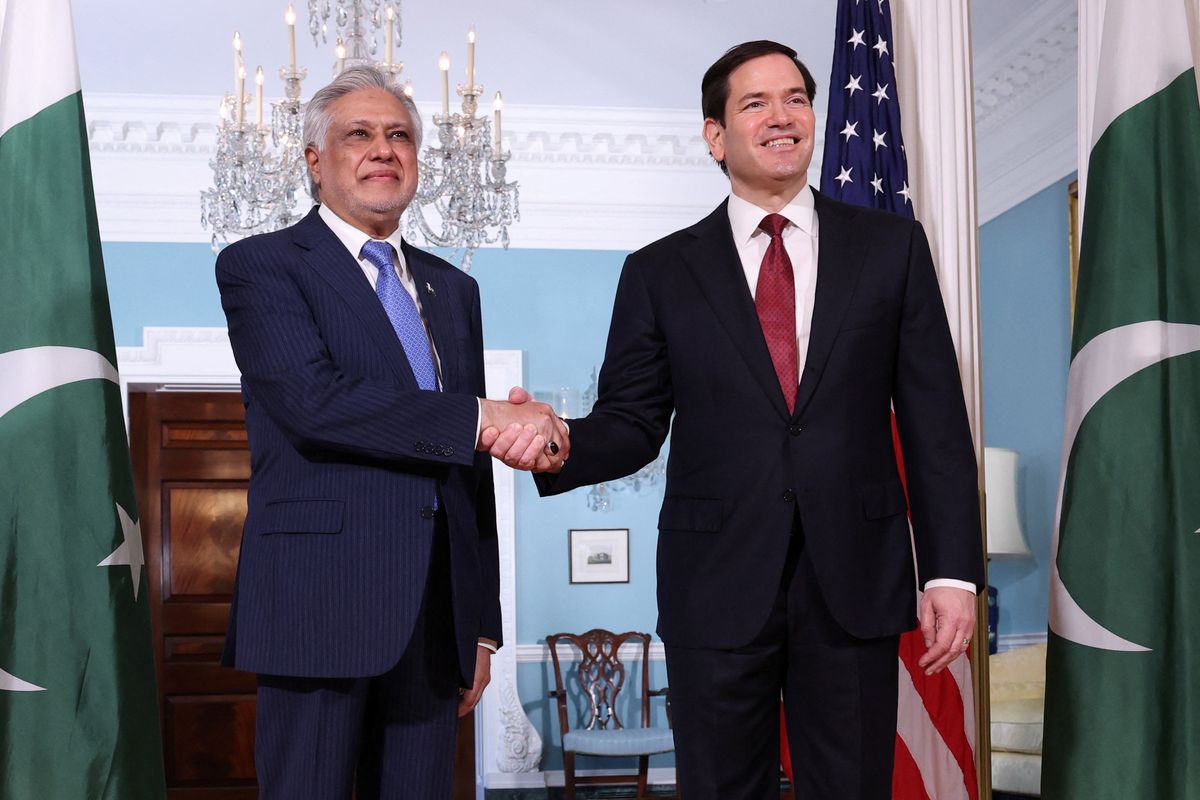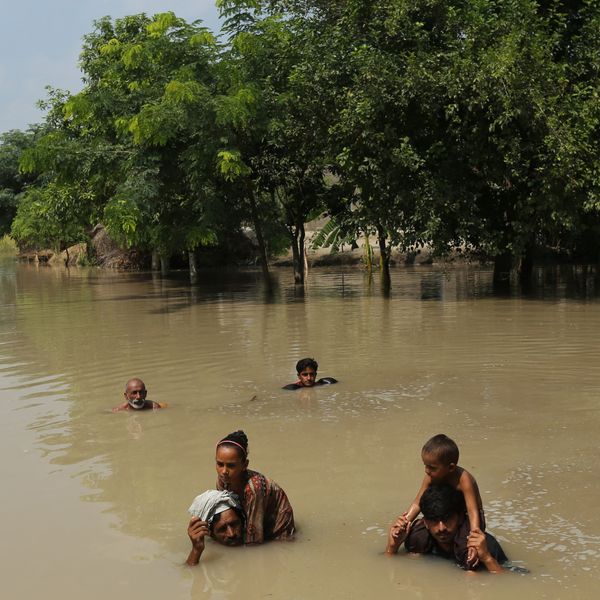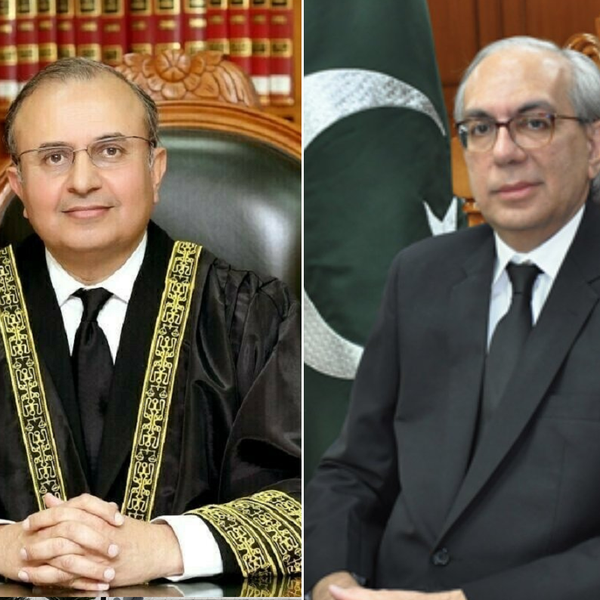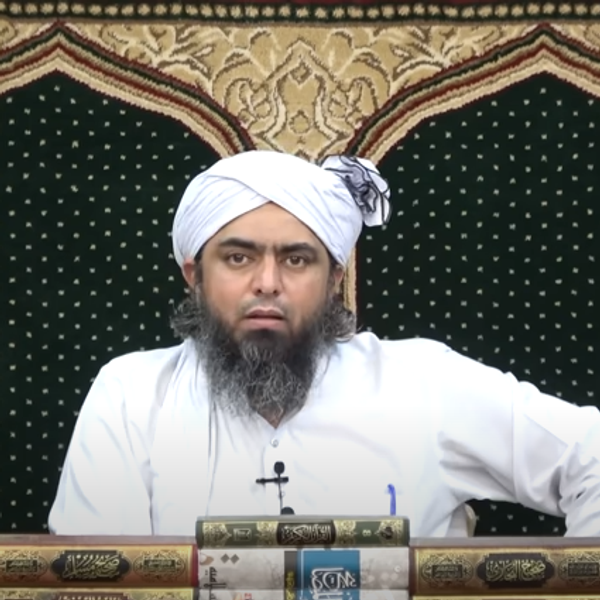Dar, Rubio hold follow-up call after Pakistan’s ‘landmark’ trade and energy deal with US
According to Pakistan’s Ministry of Foreign Affairs, the two leaders discussed a range of bilateral matters and exchanged views on current regional and international issues
News Desk
The News Desk provides timely and factual coverage of national and international events, with an emphasis on accuracy and clarity.

U.S. Secretary of State Marco Rubio and Pakistani Deputy Prime Minister and Foreign Minister Ishaq Dar shake hands for photographers assembled at the State Department in Washington, D.C., U.S., July 25, 2025.
Reuters
Pakistan’s Deputy Prime Minister and Foreign Minister Ishaq Dar spoke with U.S. Secretary of State Marco Rubio on Monday, days after the two met in Washington in the first cabinet-level dialogue between the two nations since 2016.
Pakistan’s Ministry of Foreign Affairs said in a statement that the two leaders discussed a range of bilateral matters and exchanged views on regional and international developments. Both sides agreed to remain in contact and continue cooperation in areas of mutual interest.
The follow-up phone call came after Dar and Rubio’s July 25 meeting at the U.S. Department of State, which marked their first in-person meeting and signaled a potential reset in bilateral ties amid shifting regional dynamics.
Senior officials from both countries attended the high-level talks, including Pakistan’s Ambassador to the United States Rizwan Saeed Sheikh. The discussions covered a wide array of topics such as counterterrorism cooperation, regional peace, economic engagement, and investment opportunities.
The two sides reaffirmed their commitment to strengthening strategic engagement and building closer economic and diplomatic relations. According to Pakistan’s Foreign Office, special focus was placed on trade and investment, particularly in agriculture, technology, and mineral development.
Dar described Pakistan as an “attractive destination for American businesses and investors” and expressed optimism over the progress of the Pakistan-U.S. Trade Dialogue.
“We seek to further expand and stabilize our bilateral ties with the United States,” Dar said, stressing the importance of organized and sustained cooperation across key sectors.
Security cooperation was a central focus of the talks. Rubio acknowledged Pakistan’s “invaluable sacrifices” in the global fight against terrorism. Dar, in turn, reiterated Islamabad’s commitment to regional and global peace and credited former U.S. President Donald Trump and American leadership for their role in defusing recent tensions between Pakistan and India.
“The efforts of President Trump and the U.S. leadership during the recent Pakistan-India standoff are commendable,” Dar said, adding that Pakistan and the U.S. share aligned interests in promoting peace in South Asia.
Dar also praised the Pakistani diaspora in the United States, calling it a “bridge” between the two nations.
The talks culminated in the finalization of a broad-based bilateral deal on July 31, which includes U.S. assistance in developing Pakistan’s oil reserves and a reduction in tariffs on Pakistani exports.
“We have just concluded a deal with the country of Pakistan, whereby Pakistan and the United States will work together on developing their massive oil reserves,” Trump announced on social media. “We are in the process of choosing the oil company that will lead this partnership.”
Dar confirmed the deal on social media, reiterating Trump’s statement without offering further details.
I wish to convey my profound thanks to President Trump @realDonaldTrump for his leadership role in finalization of the historic US-Pakistan trade agreement, successfully concluded by our two sides in Washington, last night.
This landmark deal will enhance our growing cooperation…
— Shehbaz Sharif (@CMShehbaz) July 31, 2025
While Trump did not mention tariff reductions, Pakistan’s Finance Ministry said the agreement includes cuts in reciprocal trade duties, benefiting Pakistani exports to the United States.
“This deal marks the beginning of a new era of economic collaboration, especially in energy, mines and minerals, IT, cryptocurrency and other sectors,” the ministry said in a statement.
Earlier this year, Pakistan faced the threat of a 29% tariff on exports to the United States as part of global trade duties imposed by Washington in April. The tariffs were suspended for 90 days to allow space for negotiations.
Trump’s administration has frequently used tariff threats as leverage to renegotiate trade deals, arguing such measures correct long-standing imbalances. Economists have debated the long-term efficacy of the approach.
According to the Office of the U.S. Trade Representative, total U.S. goods trade with Pakistan reached $7.3 billion in 2024, up from $6.9 billion in 2023. The U.S. goods trade deficit with Pakistan increased by 5.2% to $3 billion last year.
The new agreement is part of Washington’s broader aim to deepen economic engagement with Asian countries as a strategic counterweight to China’s growing regional influence. Pakistan remains designated as a “major non-NATO ally” of the United States.










Comments
See what people are discussing